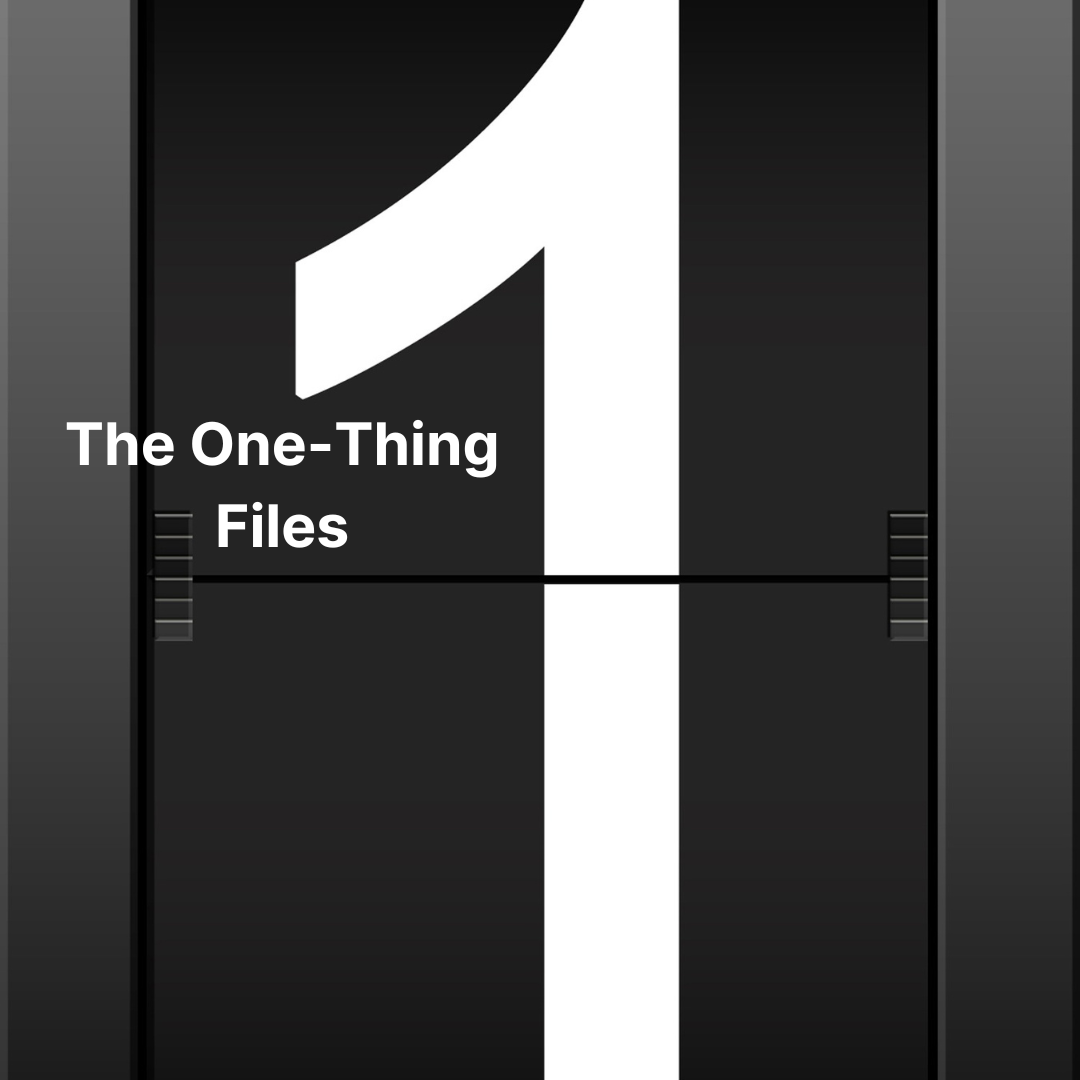What is Time for?
Zena Hitz at Plough


In his Confessions, Saint Augustine describes a fascinating moment in his conversion to the Christian faith. At the time, he was a successful teacher of rhetoric in Milan, living with his longtime concubine and their son. He had a group of close friends and was breaking away from the Manichaeans, the gnostic cult he had spent many years with, studying and teaching. Overwhelmed by the limits of human knowledge, he was increasingly skeptical that anyone could come to know the truth about how to live. He oscillated back and forth between skepticism that anything certain could be known and his budding interest in the Christian faith, the latter nurtured by hearing the preaching of Ambrose, bishop of Milan. He describes his internal dialogue at the time:
But where can truth be sought? When can it be sought? Ambrose has no time. There is no time for reading. Where should we look for the books that we need? Where and when can we obtain them? From whom can we borrow them? Fixed times must be kept free, hours appointed, for the health of the soul. Great hope has been aroused.… Why do we hesitate to knock at the door which opens the way to all the rest? Our pupils occupy the mornings; what should we do with the remaining hours? Why do we not investigate our problem? But then when should we go to pay respects to our more influential friends, whose patronage we need? When are we to prepare what our students are paying for? When are we to refresh ourselves by allowing the mind to relax from the tension of anxieties?1
Augustine’s language can be lofty and remote. But here is one of his great human moments. He wants to know how to live. He is not worried about discovering a truth that might spoil his career or require him to leave his concubine. Really! He doesn’t have time, that’s all – he’s too busy, between his students and his patrons, oh, and Ambrose is too busy too. Everyone’s too busy. He doesn’t have time to read. Besides, he doesn’t have time to get the books. Too bad for Augustine – he can’t figure out the best way to live. He’s too busy.
Earlier in the same section of the Confessions, Augustine describes how busy Ambrose is. Ambrose is busy. Bishops of that time were expected to adjudicate disputes between members of their flock, an endless and demanding task. The life of a bishop was so hectic, in fact, that later in life, after he had become Catholic, Augustine would do almost anything to avoid being appointed one. The historian Peter Brown describes him as going from town to town in Africa, carefully avoiding any occasion in which he might be appointed bishop by acclamation. Alas, he was tricked: in Hippo he found himself at a liturgy that became his election as bishop. Tears poured down his face as he realized his life of philosophical leisure was over.
Yet Augustine describes with reverence what Ambrose does in the brief moments in which he does not have an appointment. He reads silently. He does not steal away to a quiet place. Ambrose just sits and reads in the midst of his busyness, passing his eyes over the page.
I could not put the questions I wanted to put to him as I wished to do. I was excluded from his ear and from his mouth by crowds of men with arbitrations to submit to him, to whose frailties he ministered. When he was not with them, which was a very brief period of time, he restored either his body with necessary food or his mind by reading. When he was reading, his eyes ran over the page and his heart perceived the sense, but his voice and tongue were silent. He did not restrict access to anyone coming in, nor was it customary even for a visitor to be announced. Very often when we were there, we saw him silently reading and never otherwise. After sitting for a long time in silence (for who would dare to burden him in such intent concentration?) we used to go away. We supposed that in the brief time he could find for his mind’s refreshment, free from the hubbub of other people’s troubles, he would not want to be invited to consider another problem. 2
Ambrose has chosen to use his spare snatches of time to return within himself, to become an island of stillness. His reading, certainly, is an example of leisure.
What is leisure, and why is it necessary for human beings? The leisure that I am interested in is not the first thing you may imagine: bingeing Netflix on the couch, lounging at the beach, attending a festive party with friends, or launching yourself from the largest human catapult for the thrill of it. The leisure that is necessary for human beings is not just a break from real life, a place where we rest and restore ourselves in order to go back to work. What we are after is a state that looks like the culmination of a life.
Let’s pause and ask ourselves: What parts of our lives seem to be the culminating parts, the days or hours or minutes where we are living life most fully? When do you stop counting the time and become entirely present to what you are doing? What sorts of activities are you engaged in when this takes place?
We do many things instrumentally, for the sake of something else: eat breakfast to calm hunger pains, exercise to stay healthy, work for money. Other things we do for pleasure: play cards, go for hikes, read, or build model airplanes. Some things evidently both are instrumental and bring us delight: we work for money, but sometimes also for the love of our work; we fish to eat, but also for the sport of it.
We have many goals, but certain goals have an ordering effect on others. We either choose our career to permit leisure time with our family, or we choose to minimize familial obligations to allow free upward growth in our career. Our ultimate end – family in the first case, success in the second – frames and structures our other pursuits. We trade a freer schedule for more money or sacrifice a higher salary for more time to pursue our heart’s desire. The structuring effect of some goals over others suggests that we have a basic orientation, determined by our ultimate end, the goal that structures all our other choices. Such a goal is our highest good, whether we have chosen it as such, or whether it has grown haphazardly out of inward or social pressures. That highest good or ultimate end might be wealth, status, family life, community service, enjoyment of the natural world, knowledge of God, writing novels, or even the pursuit of mathematical truth.
More




